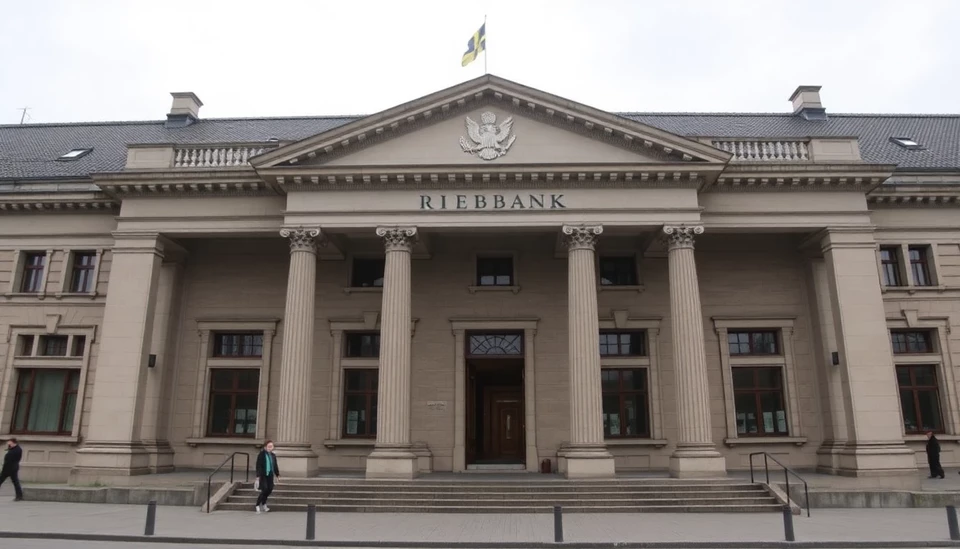
Sweden has recently experienced a notable slowdown in core inflation rates, providing a sense of relief for the Swedish central bank, the Riksbank. Core inflation, a key measure that excludes volatile prices such as those for food and energy, showed signs of deceleration that could influence monetary policy adjustments in 2025.
According to the latest data released by Statistics Sweden, the core inflation rate for December eased to 5.3%, a drop from 5.7% reported in November. This development is pivotal, as it suggests that inflationary pressures may be waning, and the central bank might have a clearer path to easing its aggressive interest rate hikes implemented in response to soaring prices over the past year and a half.
In 2022, Sweden faced unprecedented inflation levels, prompting the Riksbank to raise benchmark interest rates significantly to combat this trend. The institution's decision to increase rates from 0% to a startling 4% was a response to persistent inflation that had gripped the economy, driven largely by heightened demand post-pandemic and global supply chain issues exacerbated by geopolitical tensions.
The recent figures indicate a potential turning point; however, the Riksbank remains cautious. While the drop in core inflation could allow for a reevaluation of their monetary policy strategy, Riksbank officials have expressed that inflation still remains above their target of 2%. Concerns linger regarding whether this decrease is a trend or merely a temporary respite influenced by seasonal factors or one-off changes in prices.
Central bank Governor Erik Thedéen stated that while the data appears encouraging, the Riksbank will continue to closely monitor inflation statistics and the overall economic landscape. The central bank has outlined a commitment to maintain its trajectory of interest rate increases if necessary, indicating that future monetary policy decisions will depend on the persistence of inflationary trends.
Market analysts are now closely watching the developments, as any shifts in the Riksbank's stance could have significant implications for Swedish households and the broader economy. Interest rates have a direct impact on mortgage costs, consumer loans, and overall economic activity, thereby shaping the financial landscape in Sweden.
The easing of inflation has also provided a moment of optimism among consumers and businesses alike, as the cost of living pressures may begin to diminish. However, experts remind us that economic indicators must be interpreted with caution, as external factors swirl in the global economy, potentially influencing inflation rates in unpredictable ways.
As 2025 unfolds, stakeholders across various sectors will be eagerly awaiting additional data releases that could guide economic forecasts and policy-making trajectories. The balancing act for the Riksbank not only concerns managing inflation but also fostering sustainable economic growth, which has been a challenge amid volatile global economic conditions.
In summary, Sweden's core inflation slowing down serves as a beacon of hope for economic stability, but the path ahead will require careful navigation by policymakers and continued vigilance regarding consumer price dynamics and external influences.
#Sweden #Inflation #Riksbank #Economy #MonetaryPolicy #InterestRates #EconomicStability
Author: Rachel Greene




